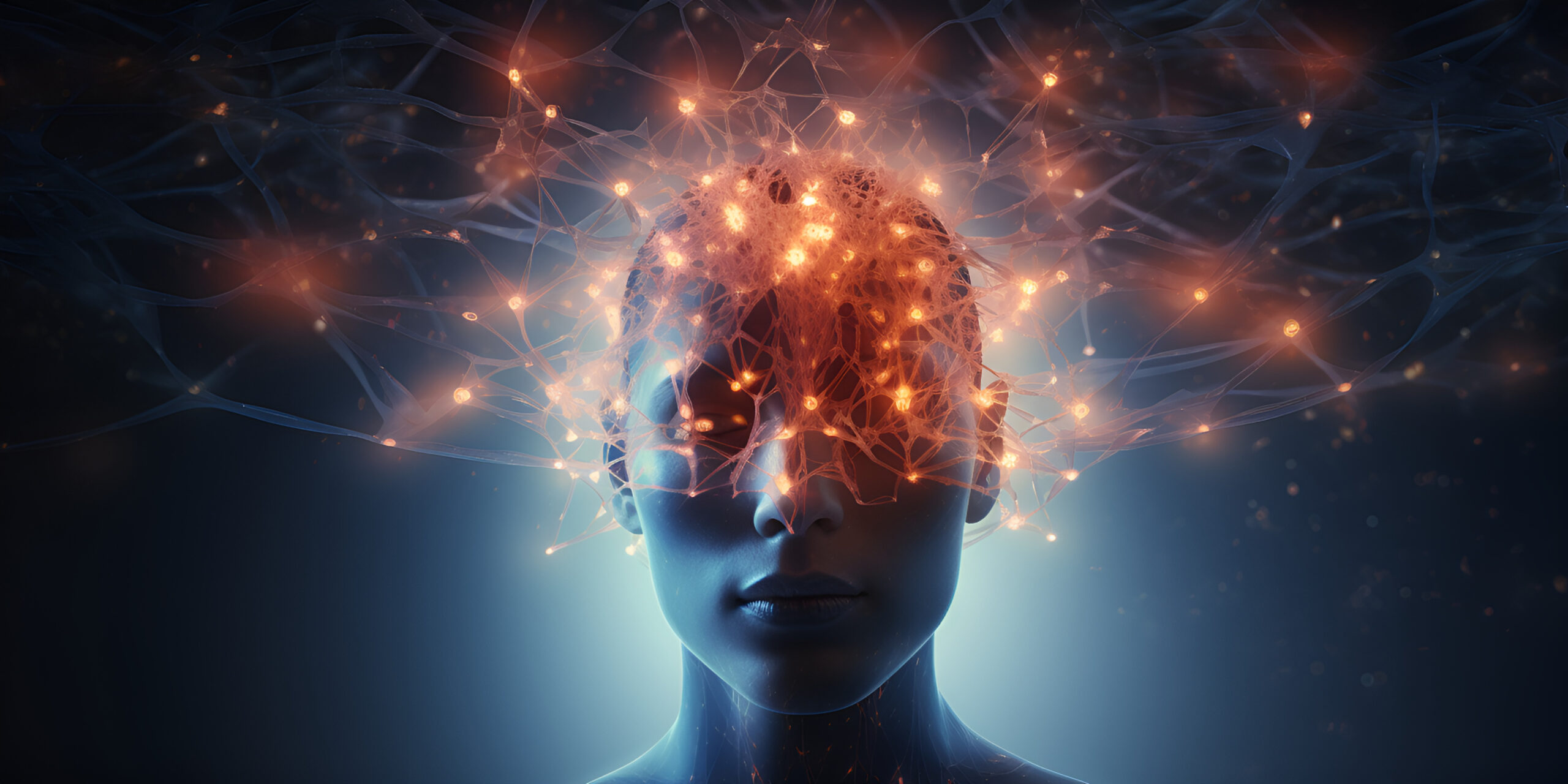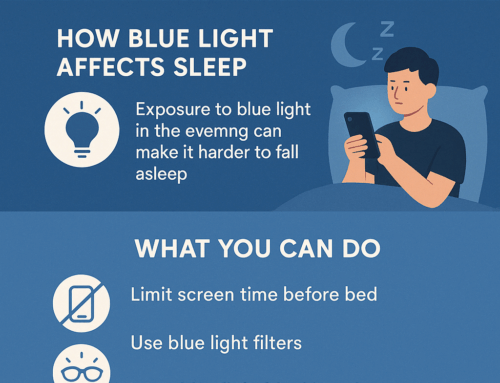Gamma-aminobutyric acid (GABA) is crucial in the intricate web of neurotransmitters that regulate brain function. Often overshadowed by more well-known neurotransmitters like serotonin and dopamine, GABA is a powerhouse in its own right, serving as the brain’s primary inhibitory neurotransmitter. Understanding GABA’s functions and its impact on mental health can provide valuable insights into managing various psychological conditions.
What is GABA?
GABA, or Gamma-Aminobutyric Acid, is a neurotransmitter that inhibits or reduces the activity of neurons or nerve cells. By doing so, GABA helps calm the nervous system, prevent overexcitement, and maintain balance, which is crucial for proper brain function. This calming effect is vital for reducing neuronal excitability throughout the nervous system.
The Role of GABA in the Brain
- Inhibition and Balance: GABA is essential for balancing the excitatory signals in the brain. Without adequate GABA activity, the brain could become overactive, leading to conditions such as anxiety, insomnia, and seizures.
- Stress and Anxiety Reduction: One of GABA’s primary functions is to counterbalance the excitatory neurotransmitters, particularly glutamate. High levels of glutamate can lead to heightened stress and anxiety. GABA helps to mitigate these effects, promoting relaxation and a sense of calm.
- Sleep Regulation: GABA’s inhibitory action is also crucial for sleep. It helps to induce and maintain sleep by calming the nervous system. Low levels of GABA are often linked to sleep disorders such as insomnia.
- Mood Stabilization: GABA plays a role in mood stabilization by regulating neuronal activity. Imbalances in GABA levels are associated with mood disorders such as depression and bipolar disorder.
GABA and Mental Health
- Anxiety Disorders: Anxiety disorders are often characterized by excessive neuronal activity. GABA, with its inhibitory action, can help reduce this overactivity. Many anti-anxiety medications, such as benzodiazepines, work by enhancing the effect of GABA.
- Depression: There is growing evidence that GABA dysfunction may be involved in depression. Some studies suggest that individuals with depression have lower levels of GABA. Enhancing GABAergic activity could potentially offer new avenues for treatment.
- Epilepsy: Since GABA helps to prevent excessive neuronal firing, it plays a critical role in managing epilepsy. Many anticonvulsant drugs aim to increase GABA levels or mimic its action to control seizures.
- Insomnia: GABA’s role in promoting sleep makes it a target for treating insomnia. Some sleep aids enhance GABA activity in the brain, helping individuals fall and stay asleep more easily.
Enhancing GABA Function
Given its importance, finding ways to enhance GABA function can benefit mental health. Here are a few strategies:
- Medications: As mentioned, certain medications like benzodiazepines and anticonvulsants increase GABA activity. However, these should be used under medical supervision due to potential side effects and dependency issues.
- Diet and Supplements: Some dietary choices and supplements may support GABA production. Foods rich in glutamate (which the body converts to GABA) include tomatoes, fava beans, mushrooms, and green tea. Supplements like magnesium, vitamin B6, Niacin, Kava, and GABA are also popular. Taking GABA with Niacin and Kava can help the supplement form of GABA reach through the blood-brain barrier. To learn more about the importance of diet to your mental health, visit our blog post.
- Lifestyle Changes: Regular exercise, yoga, and meditation have been shown to increase GABA levels naturally. Reducing stress through these activities can support overall mental health.
- Avoiding Alcohol and Drugs: While alcohol initially increases GABA activity, chronic use can deplete GABA levels, leading to increased anxiety and stress when not consuming alcohol.
Conclusion
GABA is a critical neurotransmitter that helps maintain the delicate balance of neuronal activity in the brain. Its role in inhibiting excessive neuronal firing is crucial for preventing anxiety, promoting sleep, stabilizing mood, and managing conditions like epilepsy. Understanding and supporting GABA function can have profound implications for mental health, offering potential pathways for treatment and improving overall well-being. By recognizing the importance of GABA, we can better appreciate the complex neurochemical interplay that underlies our mental health and take proactive steps to maintain it.
Mental Health America has a good article on GABA you can view here







Leave A Comment